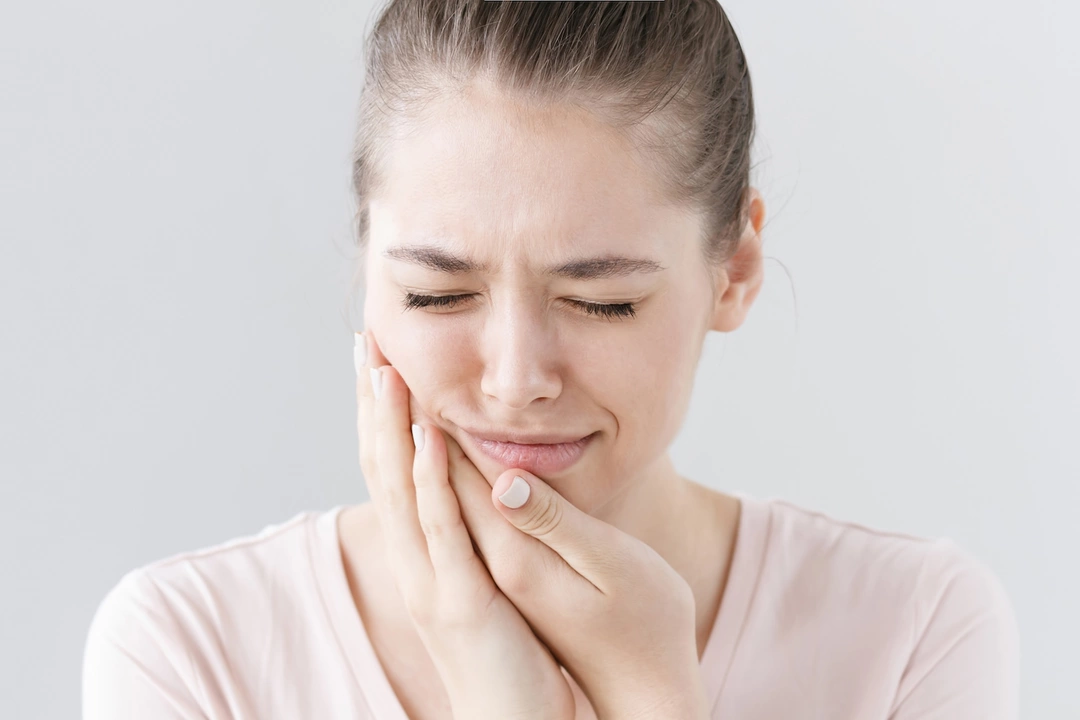Dental Health: How Smoking Makes Toothaches Worse and What to Do
If you smoke and you have a toothache, don’t ignore it. Smoking speeds up gum disease, slows healing, and helps bacteria take hold. That raises the odds a small cavity or gum irritation turns into a painful, costly problem. Here are clear, practical steps you can use right now to stop pain and protect your mouth.
How smoking worsens toothaches
Smoking cuts blood flow to gums and lowers your mouth’s ability to fight infection. Less blood means fewer immune cells and slower repair after injury or dental work. Tobacco also dries the mouth and encourages sticky plaque to form. That plaque feeds bacteria, which attack enamel and gums. Over time this leads to deeper cavities, receding gums, and infections that often cause sharp, persistent pain.
Nicotine and other chemicals in smoke also mask early warning signs. You might not feel gum soreness until the problem is advanced, so what seems like a small toothache can already be serious.
What to do now: immediate care and prevention
Short-term steps: rinse your mouth with warm salt water (half teaspoon of salt in a glass of warm water) to reduce swelling and clean the area. Use an over-the-counter pain reliever like ibuprofen or acetaminophen following the label. A cold compress on the cheek helps numb the pain and slow swelling. Avoid very hot, cold, or sugary foods near the aching tooth.
Gentle flossing can remove lodged food that might be causing pain. Don’t dig aggressively around the sore area. If you smoke, try to stop for at least 24 to 48 hours while you manage the pain—smoking right after dental irritation makes healing slower and infections worse.
When to see a dentist: get professional help if you have fever, swelling that affects breathing or swallowing, constant severe pain, pus, or a broken tooth. Also see a dentist if the pain lasts more than two days despite home care. Quick treatment can prevent root canals, extractions, or wider infections.
Long-term steps to protect your teeth: brush twice daily with fluoride toothpaste, floss daily, and schedule regular dental checkups every six months. If smoking is part of your routine, talk to your dentist or doctor about quitting support. Nicotine replacement, counseling, and local quit programs increase your chances of success and will dramatically cut your risk of future toothaches and gum disease.
Bottom line: smoking and toothaches are a dangerous combo. Treat pain promptly, keep your mouth clean, and consider quitting to protect your teeth and overall health. If pain is severe or won’t fade, call your dentist right now.
Toothaches and Smoking: The Hidden Dangers
As a blogger, I feel it's crucial to discuss the hidden dangers of toothaches and smoking. Many people are unaware that smoking can significantly increase the risk of toothaches, leading to severe dental issues. Not only does tobacco use cause bad breath and stained teeth, but it can also damage the gums and create a breeding ground for bacteria. If left untreated, this can result in painful toothaches and even tooth loss. It's essential to spread awareness about these dangers and encourage people to quit smoking for better oral health.
